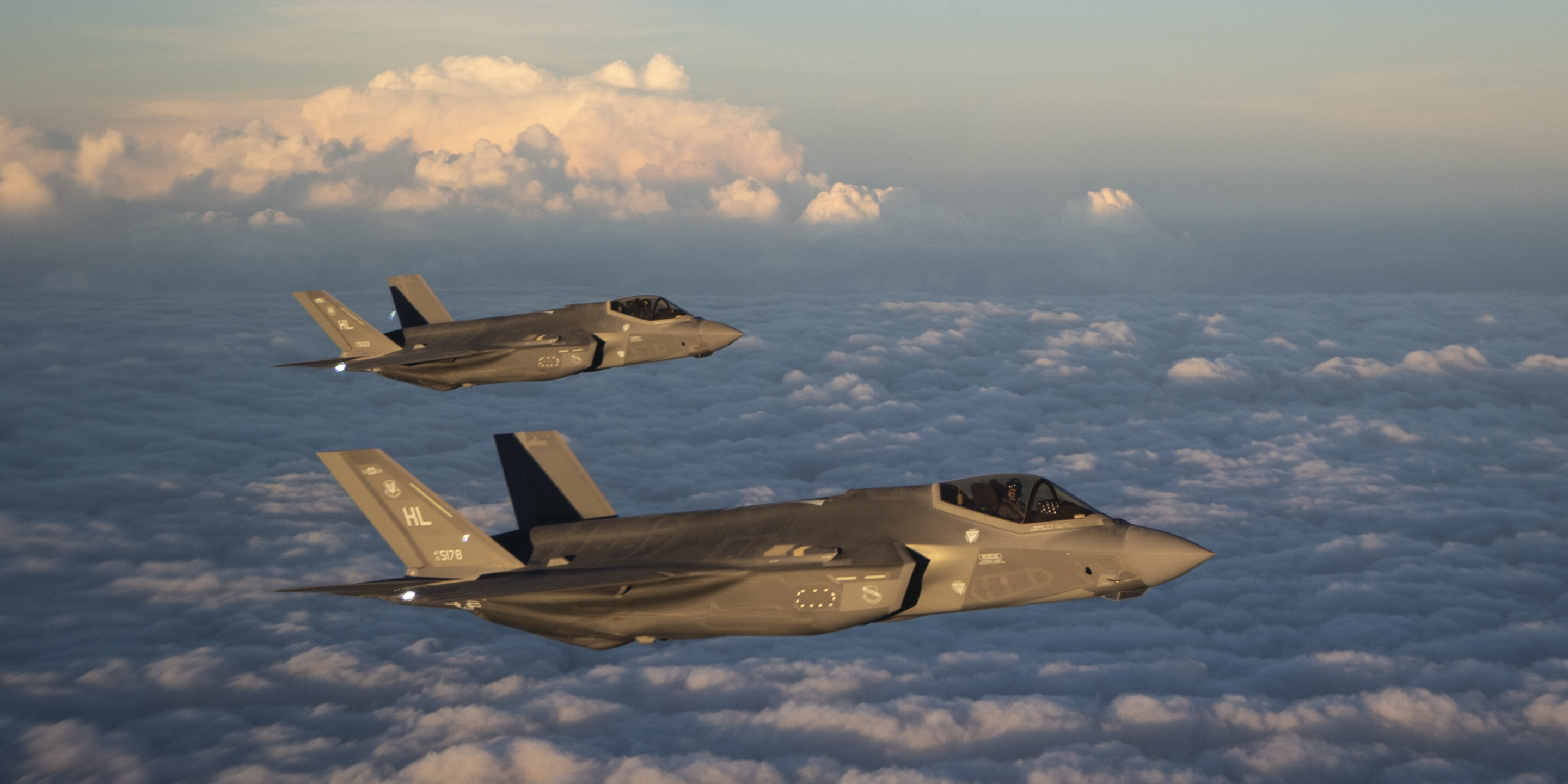August 15, 2023
The U.S. is negotiating with Iran to release prisoners. Here’s why that matters.

Negotiating with Iran is never easy or uncontroversial. But it’s often necessary to solve problems—or in one case last week, to free Americans who were imprisoned unjustly by the Iranian authorities.
On Thursday, the Biden administration announced the beginning of a highly synchronized process that, ideally, will end with the release of five Americans to their families after years of detention. In exchange, the U.S. agreed to release five imprisoned Iranians and unfreeze $6 billion of Iran’s own money that was stuck in a South Korean bank courtesy of U.S. sanctions. Those funds will be transferred to a Qatari bank, available for Tehran to purchase humanitarian supplies. All five Americans are now under house arrest waiting for the process to play out. According to the terms of the deal, they will be allowed to leave Iran as soon as the $6 billion makes its way into the Qatari account.
This is hardly the first prisoner exchange to occur between the U.S. and Iran. While the two nations haven’t had diplomatic relations with each other in more than four decades, they have nevertheless found a way to haggle when it’s in their interest to do so.
More on Middle East

By Jennifer Kavanagh and Dan Caldwell
June 28, 2025

By Rosemary Kelanic and Jennifer Kavanagh
June 25, 2025

Featuring Rosemary Kelanic
June 25, 2025
Events on Iran






